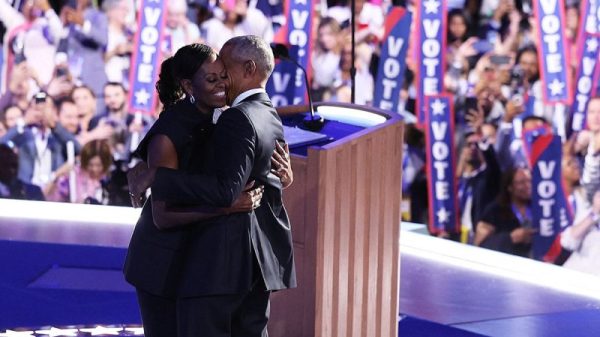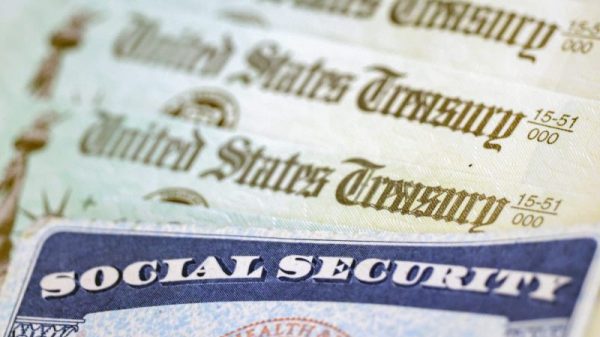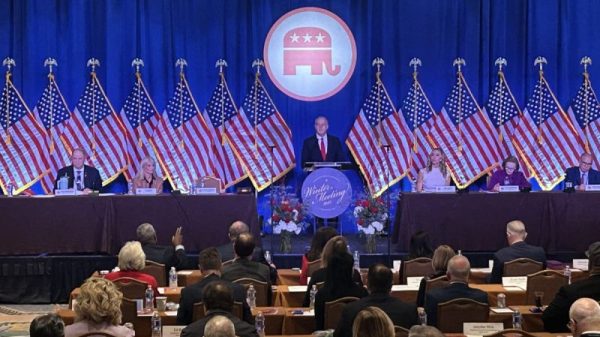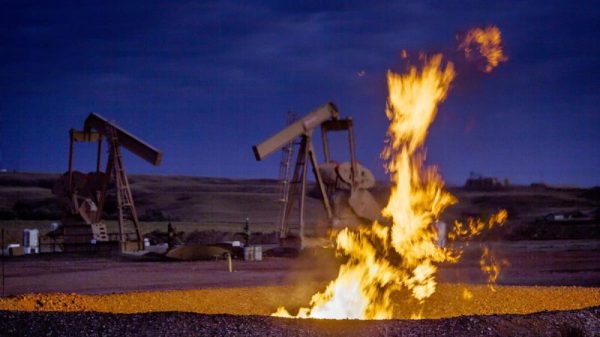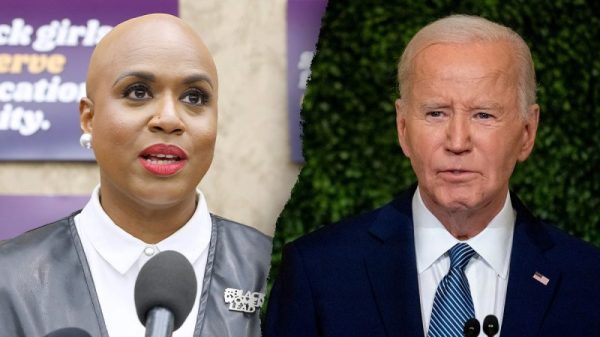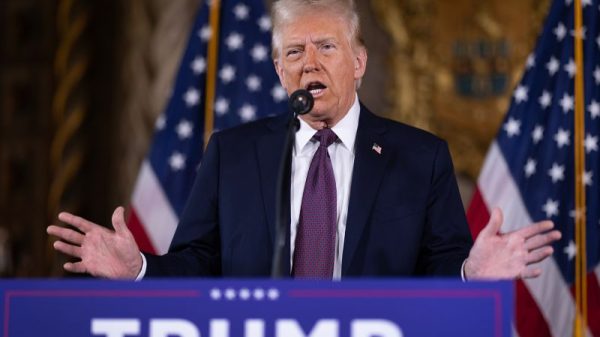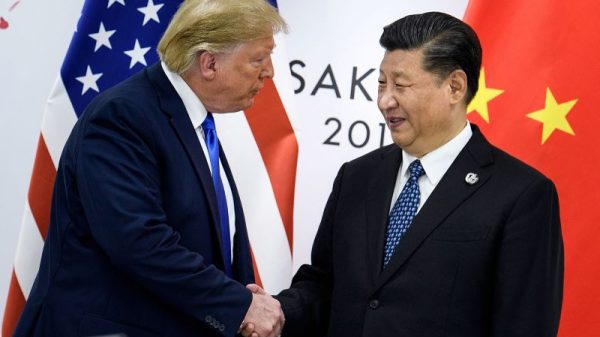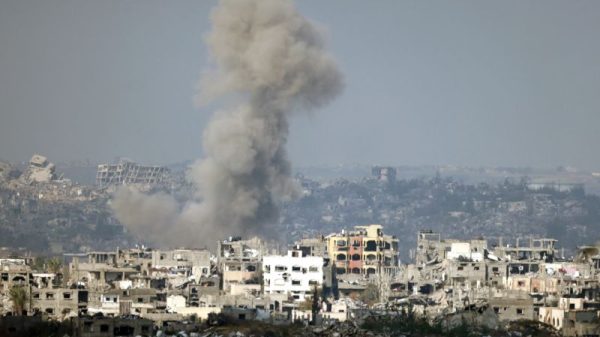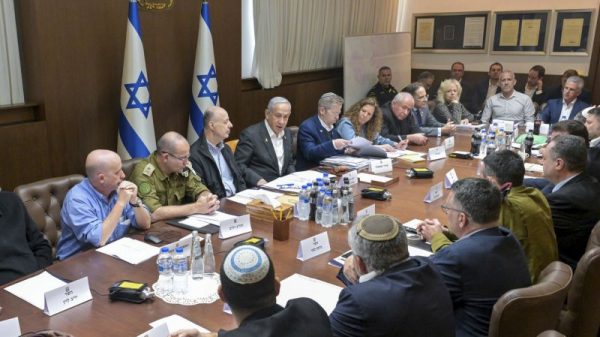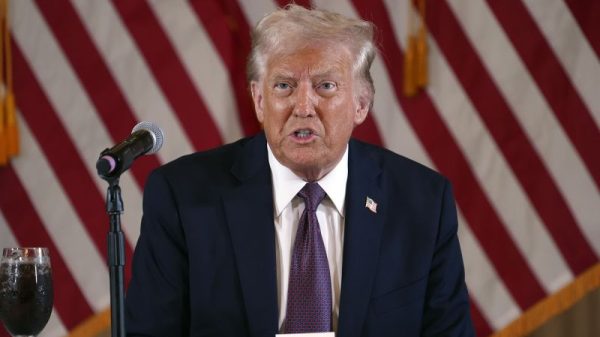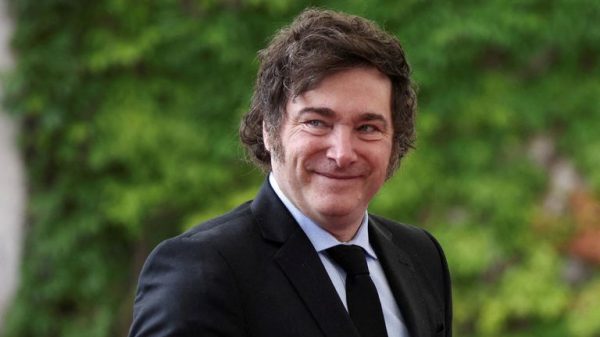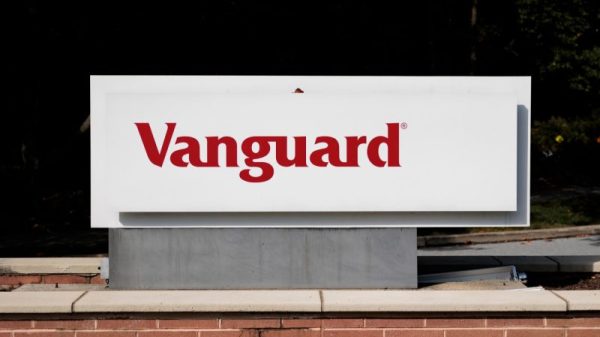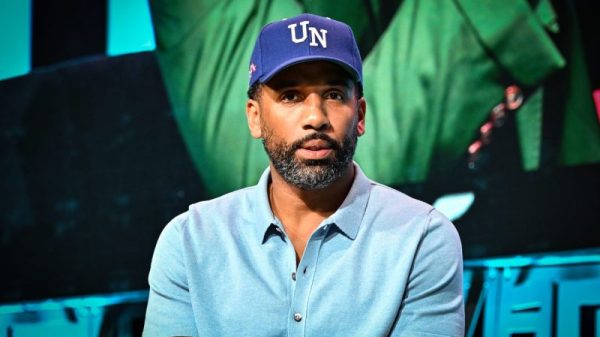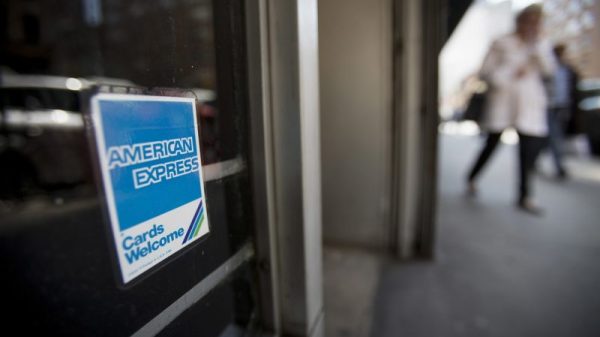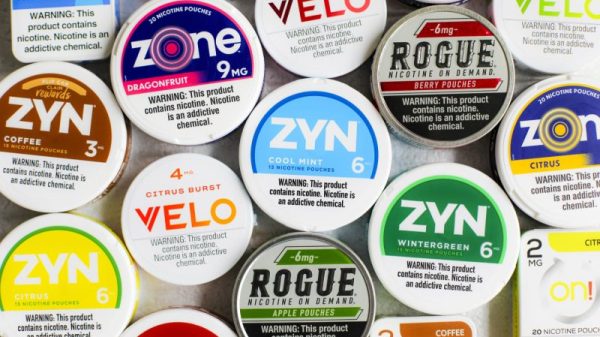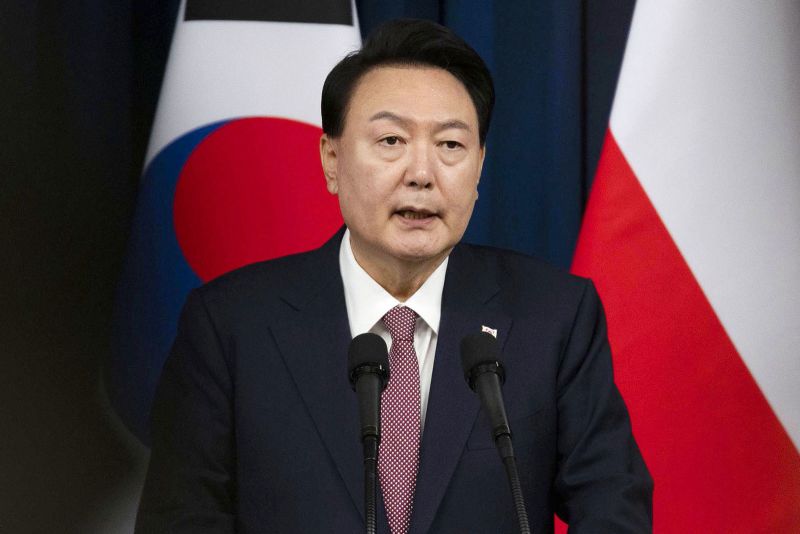South Korean investigators have entered the home of impeached President Yoon Suk Yeol to enforce an arrest warrant for him, Yonhap News Agency reported on Friday morning local time.
The embattled president is wanted for questioning in multiple investigations, including accusations of leading an insurrection – a crime punishable by life imprisonment or even the death penalty – after he suddenly declared martial law in early December.
A court on Tuesday approved the warrant for Yoon – the first time such a move has been taken toward a sitting president, deepening a dramatic showdown between investigators and the president. In response, the presidential security team said that “(s)ecurity measures will be taken in accordance with due process for matters related to the execution of warrants.”
Yoon, himself a former prosecutor, has refused to answer three summonses by investigators in recent weeks asking for his cooperation, according to South Korea’s Corruption Investigation Office (CIO).
A large police presence could be seen around the presidential residence in Seoul on Friday, many officers wearing jackets and face masks in the cold weather while flanked by police vans. Retractable gates were also set up, blocking pedestrians from entering the area around Yoon’s home.
The leader was stripped of his presidential powers last month by a parliamentary vote to impeach him, which came after some members of his own ruling party turned on him following his refusal to resign over his short-lived decree.
But the suspended president has remained defiant in the face of investigations and an impeachment trial underway by one of the country’s highest courts, vowing to “fight to the end” for the country.
The statement, which was shared with supporters gathered outside his residence earlier this week, was his first public comment in weeks after largely staying away from public light in the fallout of his widely condemned decree.
Yoon declared martial law in a surprise late night address on December 3, claiming opposition lawmakers had “paralyzed state affairs” and that the move was necessary to “safeguard a liberal South Korea” from the threats posed by “anti-state elements.”
Members of the National Assembly, including some of Yoon’s own party members, voted to reverse the martial law some six hours later. Yoon’s order faced fierce backlash from the public and lawmakers across the political spectrum, reviving painful memories of the country’s authoritarian past.
In the weeks since, the country has been embroiled in political disarray with parliament also voting to impeach its prime minister and acting president Han Duck-soo, just weeks after it voted to impeach Yoon. The finance minister Choi Sang-mok is now acting president.
This is a developing story and will be updated.
